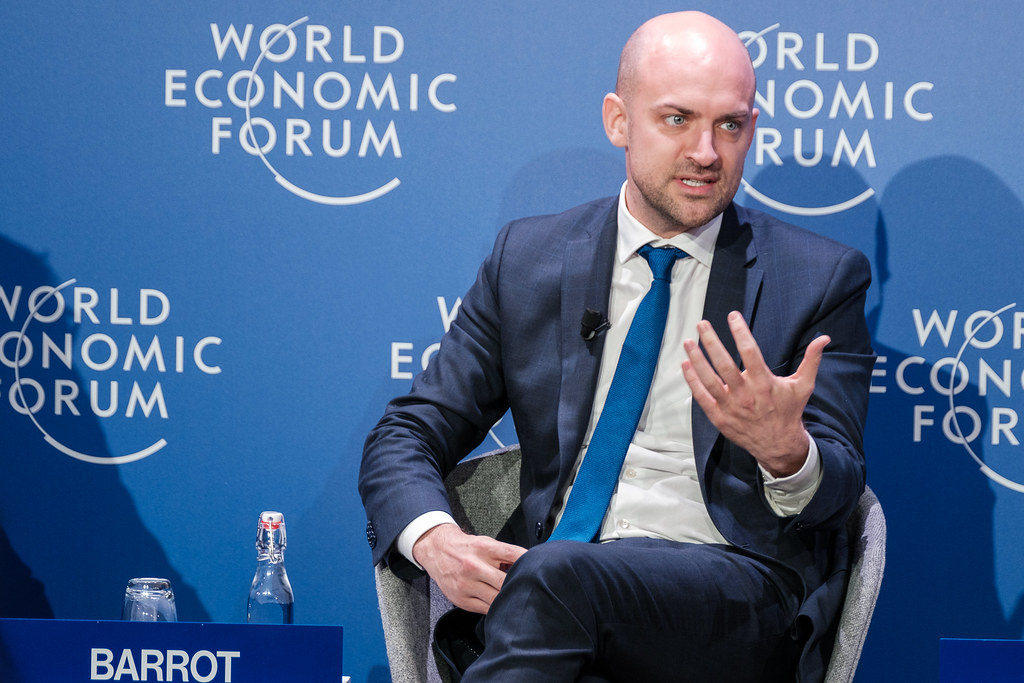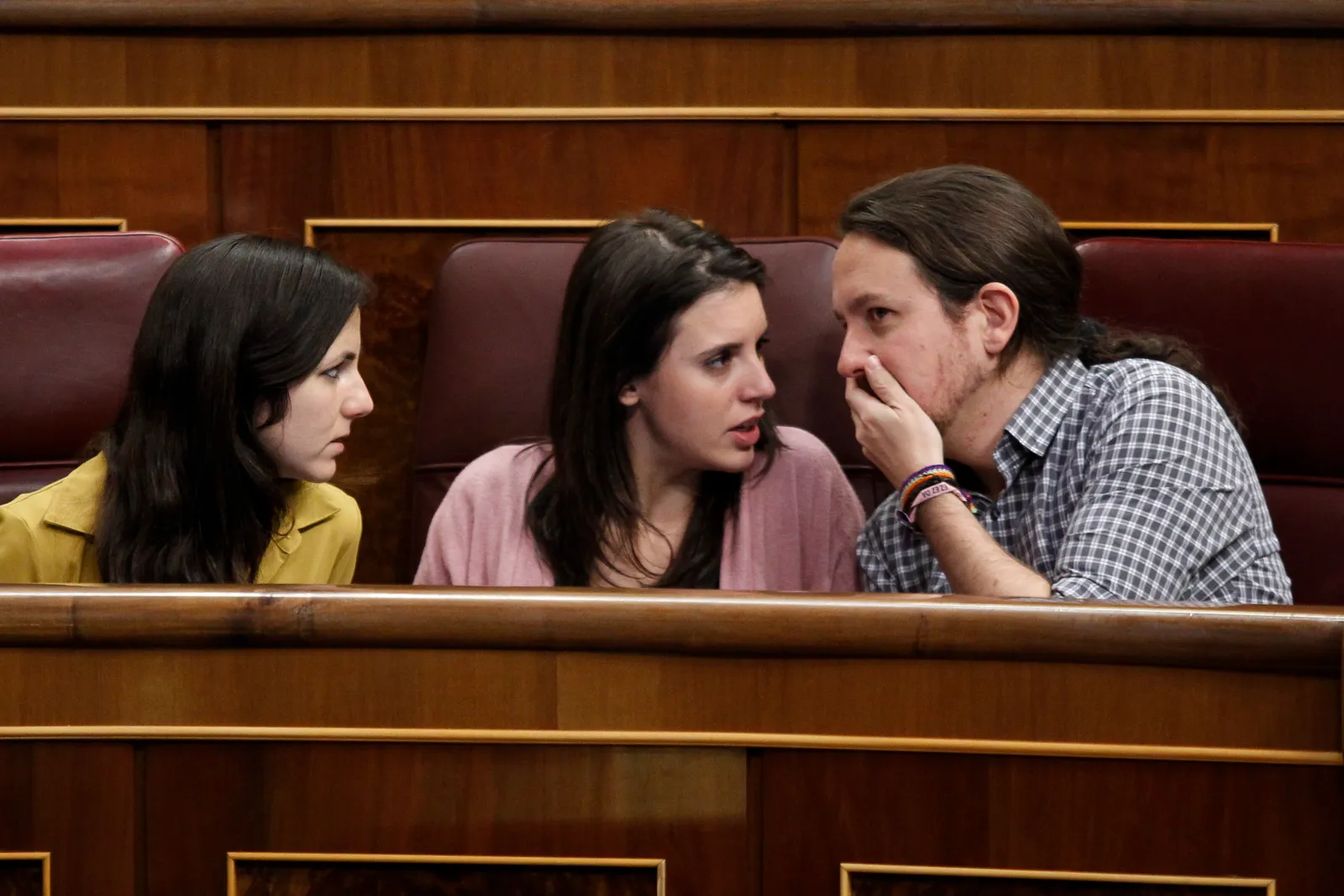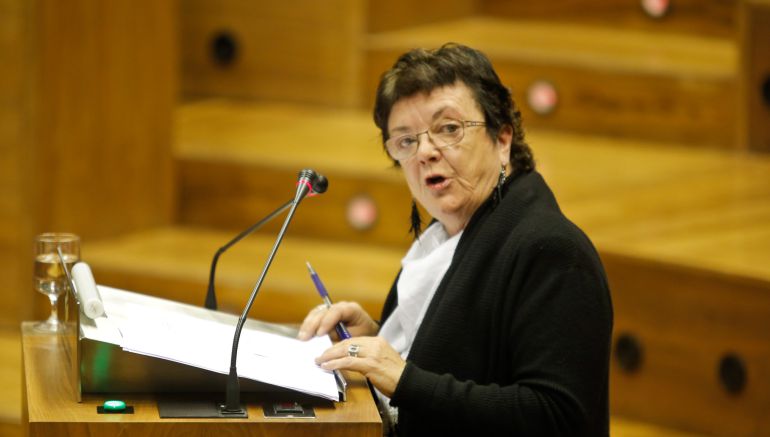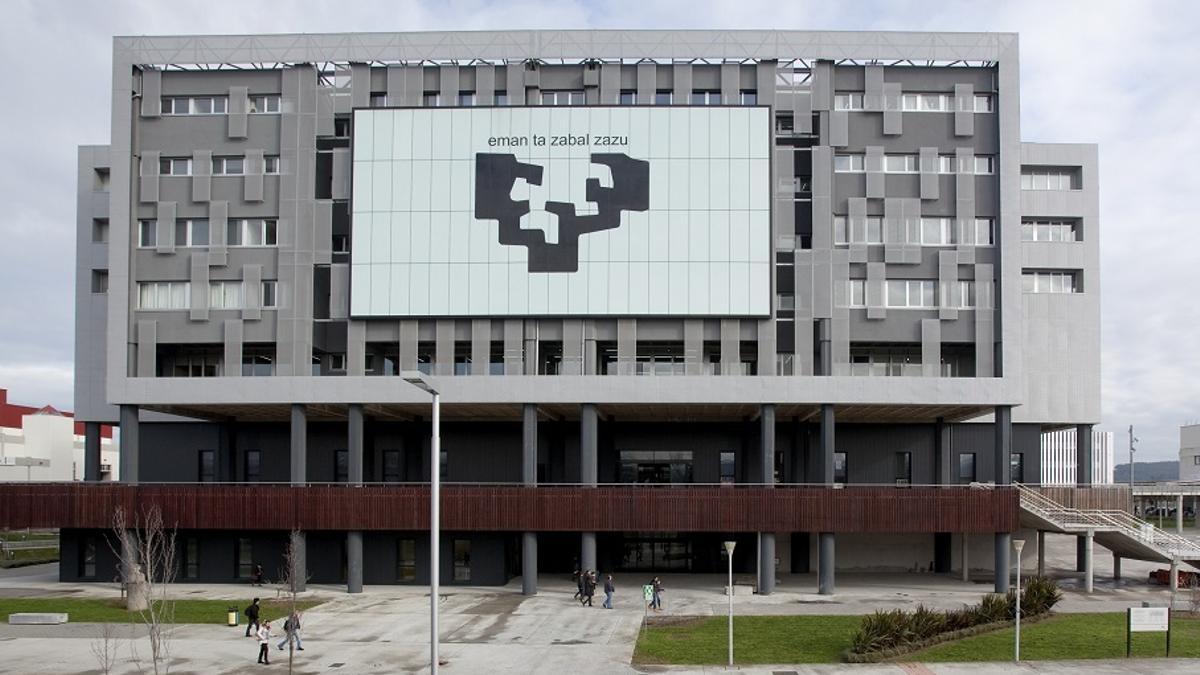Aragonès insists that the Government of Spain wobbles
- The situation is complicated with the Government of Spain and the President of the Generalitat, Pere Aragonès, has relocated to Pedro Sánchez that the Government of Madrid can fall if Katalangate, as they call him in Catalonia, does not give an adequate explanation of the case of espionage.

Aragonès, in an interview at TVE1, warned that the actions performed previously had not had any effect to date. On Tuesday he also reported that relations between the two Governments had been completely frozen and that the situation of the Spanish Government was precarious.
On Thursday morning, Pere Aragonès met in Madrid with representatives of parties that have suffered from espionage and agreed that the follow-up of the legislature would be very difficult if Pedro Sánchez does not give the appropriate explanations. There are different positions about the situation, for example, because Junts, who runs Carles Puigdemont, has already called for the resignation of Sánchez.
ERC has not gone that far, but has already announced that it will not support the reforms of the Memory Act and the Moorish Law if there is no proper explanation.
Sewer control problems
The Moncloa maintains its position: The Spanish police have not made these hearings and we cannot speak publicly about the activity of the CNI, so we are prepared to give explanations in the secret committee of the Spanish Congress, but for that we have to set up.
The fact is that since the beginning of the new legislature in December 2019, this commission, which is officially called the Special Funds Commission, has not been set up, and that it should take control of the funds used in the State’s sewers. The constitution of this committee needs the support of 210 Members and so far Congress has not been able to achieve that number. This has at least created a special situation, as it is not legal that this committee has not been set up.
It is surprising that this committee on the control of sewers has not yet been set up, because it is supposed to be necessary to have such a body, but that too can account for the democratic quality of Spanish democracy. However, it is not so surprising if we take into account that the current Official Secrets Act dates from Franco, was dictated 53 years ago by the dictator Francisco Franco and has not yet been reformed.
As a result, for example, not all the details of the 1981 coup d ' état have been made public, as well as information on the serious human rights violations committed by the security forces in Euskal Herria, such as the assassination of Mikel Zabraise or the action of the LAGs. According to the Public Journal, since 2016 the PNV has made four attempts to reform the law to move forward without achieving it.
Broad impact on the European Parliament
The European Commission said earlier this week that these espionage cases were unacceptable and had to be investigated by the Member States. The European Parliament has been more practical and this Thursday has offered the 705 Members of the Basque House a computer registration service against the Pegasus programme on their mobile.
The journal The Whasington Post has addressed the issue in its editorial, as we have followed in El Nacional, where it is noted that this type of practice is unacceptable, but unfortunately, it is increasingly widespread among states. We know that we are facing the greatest espionage of politicians in Europe so far.
However, as detailed in the editorial, the journal has been with the Israeli company NSO Group, founder of Pegasus, who has confessed that most European governments have bought Pegasus. So far, however, only the cases of Poland, Hungary and now also the Spanish cases have been mentioned. For this reason, and as it is evident that these practices are increasingly widespread, they should be regulated worldwide, according to the editorialist of the newspaper.
The three names that appear in the title of this article do not match the reality of the people so called. Marc Hernàndez Pons, Dani Hernàndez Pons and Ramón Martínez Hernàndez were the false identities attributed by the Ministry of the Interior to three agents of the... [+]






















